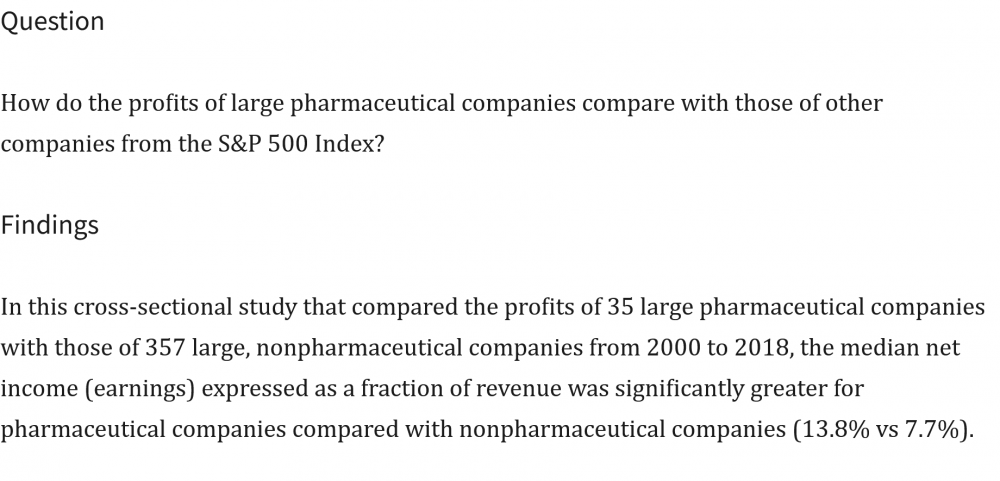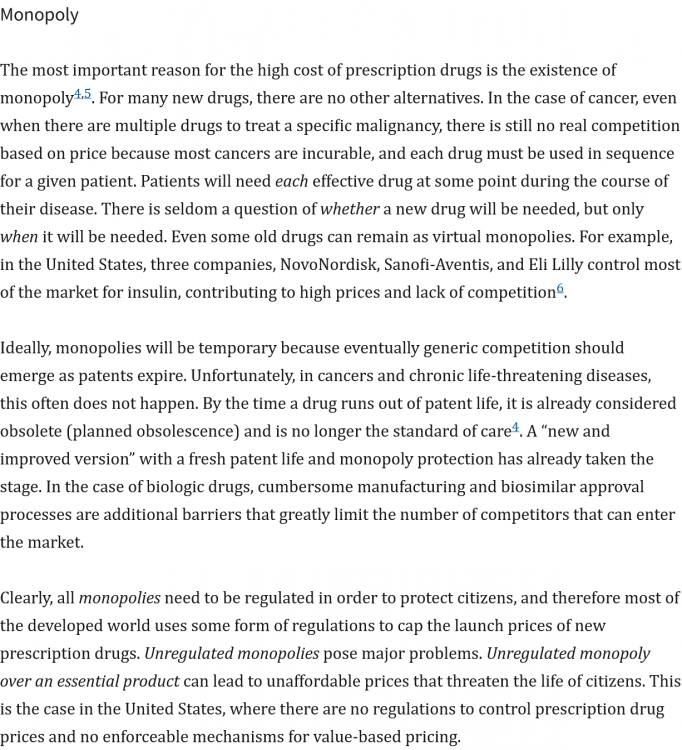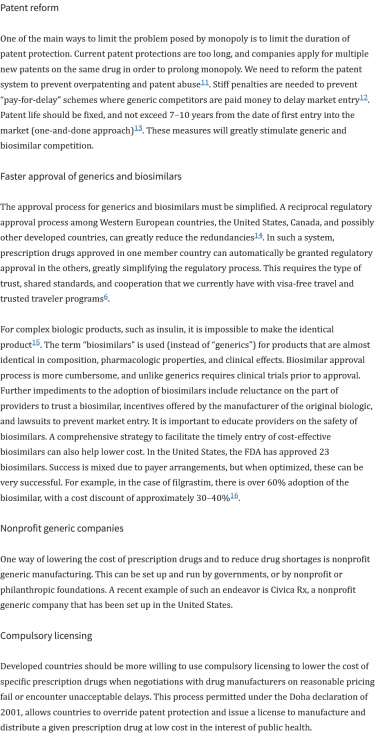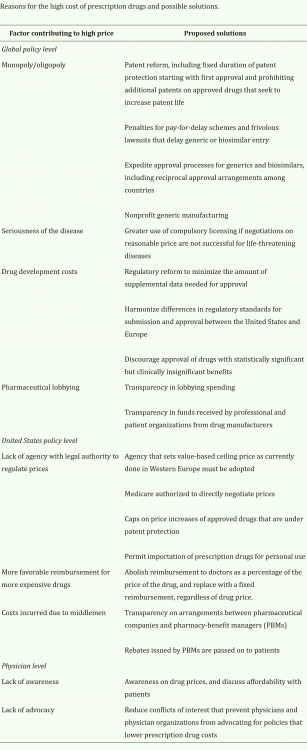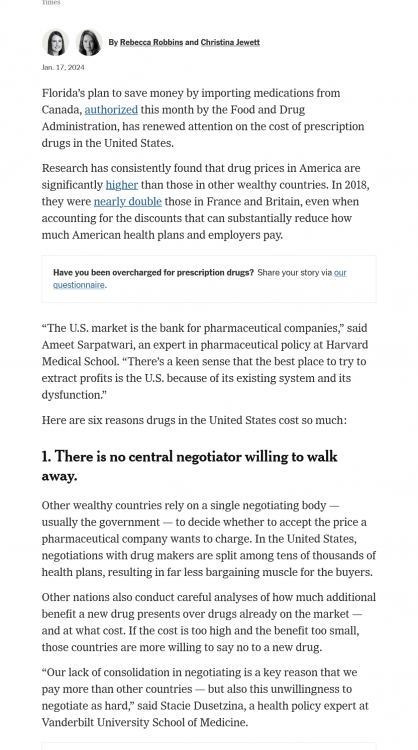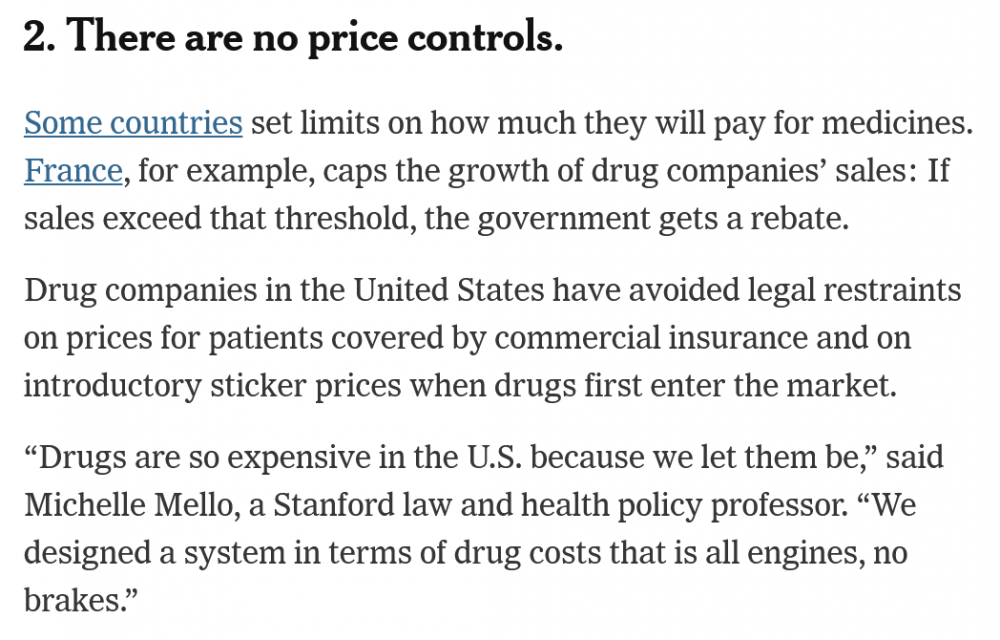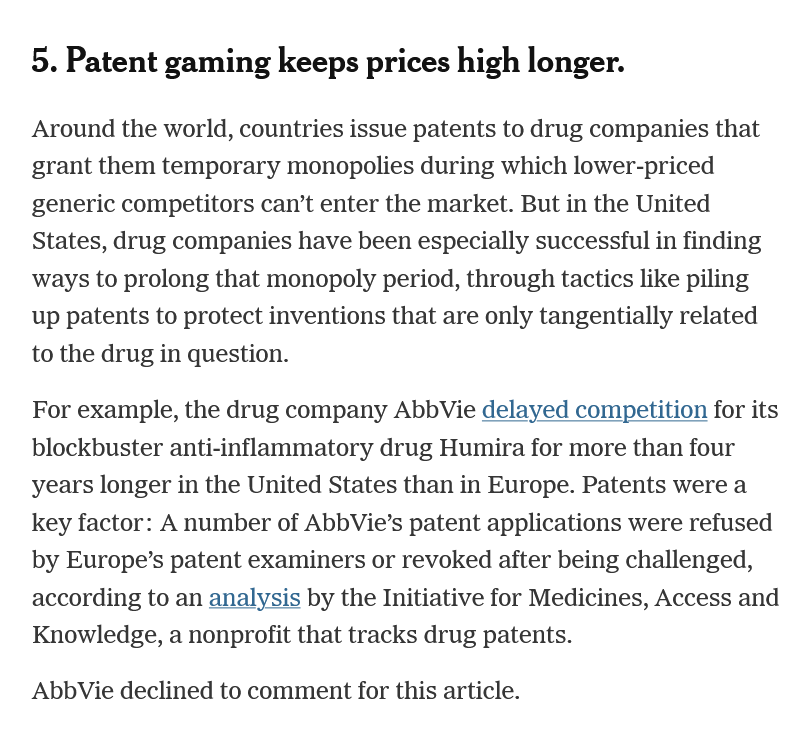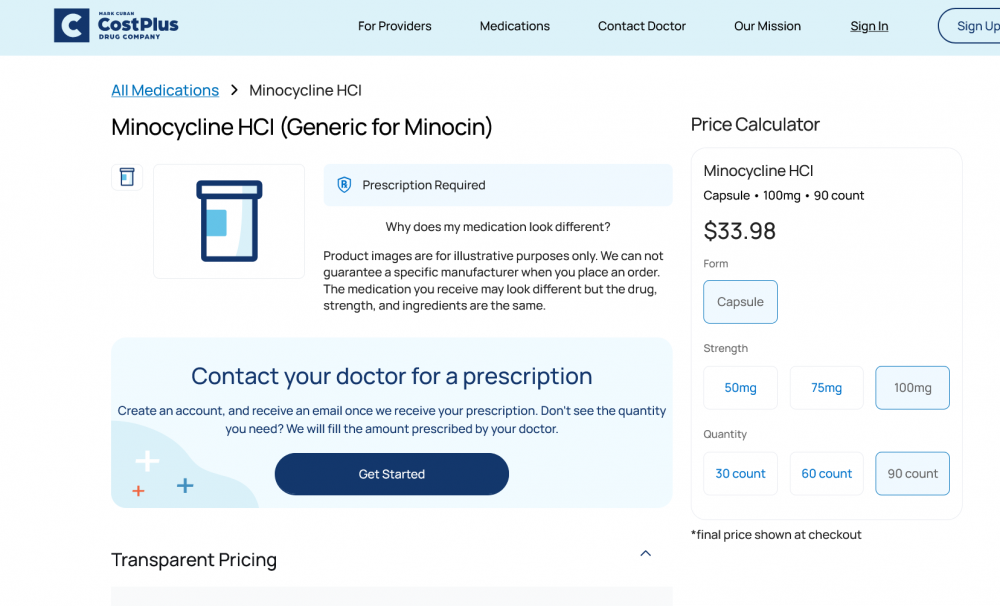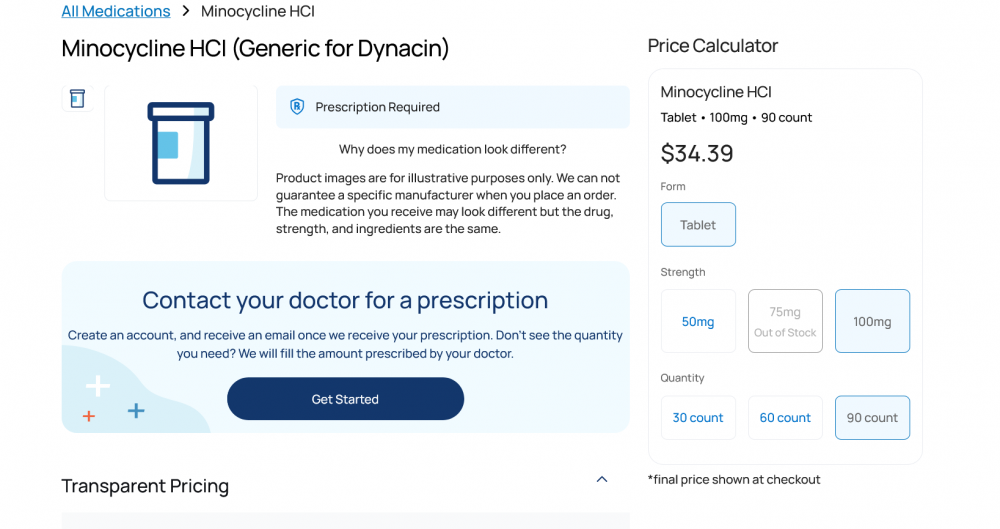Certainly. But you may not be aware that patent thickets, mentioned in a post above, have replaced the direct application for an extension - the improvements are still just as illusory and bogus, they're just using a circuitous route to obtain patent extensions.
I-Mak, an organization that works for patent reform and healthcare equity, put out this report in 2022 (pdf) https://www.i-mak.org/wp-content/uploads/2022/09/Overpatented-Overpriced-2022-FINAL.pdf Each medication will have multiple dozens of patents. The top-sellers in 2022 had an average of 74 patents on it - for just one medication. 2/3 of the patents were filed for AFTER the med was on the market. That's a patent thicket. Those companies are desperate to protect the huge revenue streams that exist because of their monopolies. We're talking $24 million per day of revenue. In Europe, where the laws are much more consumer friendly, patent thickets are not as prevalent and as a result of that, they have more generic medications on the market competing with the most popular medications.
Also, if you're a company that's about to come out with a generic version of any medication that's been on-patent, especially in the US, get ready to be sued for hundreds of millions of dollars. It's a huge impediment to market and huge cost of doing business, because pharma co's has been stuffing their pockets for years off monopolistic prices, and can pay endless litigation.

